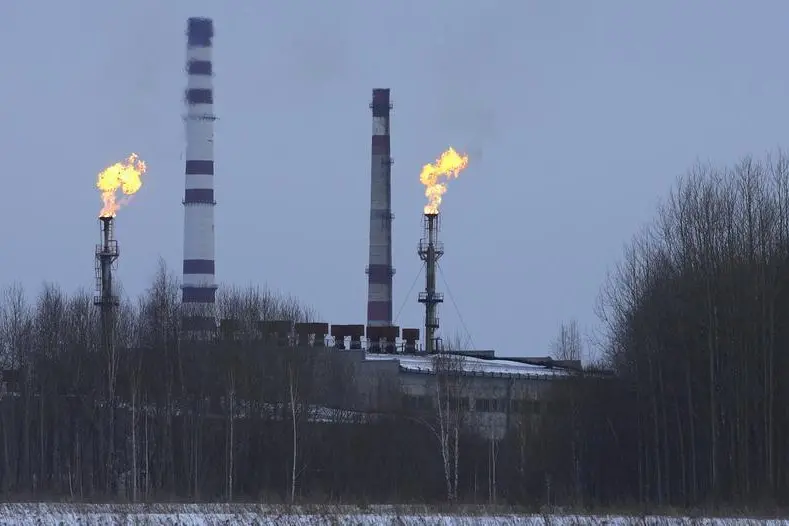PHOTO
MOSCOW - Russia's largest oil producer Rosneft said on Thursday its first-quarter net income attributable to shareholders more than doubled to 399 billion roubles ($4.41 billion) from the previous three months as revenue and core profit increased.
It also said its core profit (earnings before interest, taxes, depreciation and amortization) increased in January-March by 42.4% from the last quarter 2023 to 857 billion roubles.
Rosneft's robust net income was in a stark contrast to a 2023 loss of almost $7 billion by its local rival, natural gas behemoth Gazprom, its first annual loss since 1999.
Rosneft, which accounts for around 40% of Russian oil production, managed to divert oil sales away from Europe to India and China following a myriad of Western sanctions slapped on Russian companies and individuals after the conflict in Ukraine erupted in February 2022.
The company said its oil refining volumes declined to 19.9 million tonnes in the first quarter, without providing any comparable figures.
It said a decline was due to "force-majeure" at oil refineries related to maintenance work.
Ukraine has stepped up drone attacks on Russian oil refineries since the start of the year. Moscow calls the attacks an act of terrorism.
HIGH INTEREST RATES
Igor Sechin, Rosneft's Chief Executive Officer and a close ally of Russian President Vladimir Putin, once again criticized Russian central bank for high interest rates.
"High interest rates and limited liquidity available on the country's financial market put pressure on the financial performance, which forces the company to switch to loans in alternative currencies," he said in a statement.
In April Russia's central bank kept its key interest rate at 16% for the third meeting running amid persistently high inflation, which exceeds the bank's target levels.
The bank will hold a rate-setting meeting on June 7.
Sechin also said that the debt servicing costs are rising and reached their highest levels this century in the first quarter. He hasn't provided any figures.
(Reporting by Olesya Astakhova and Vladimir Soldatkin; Editing by Chris Reese and Diane Craft)




















